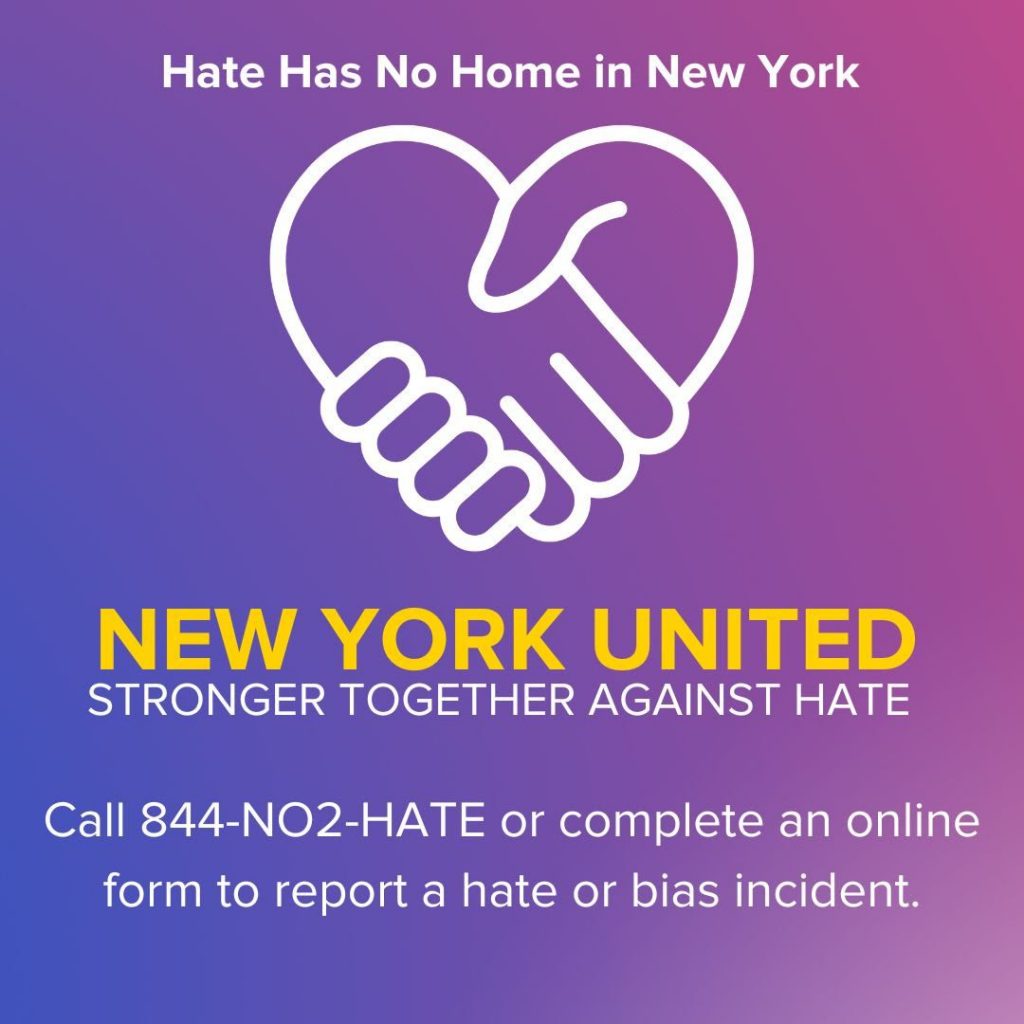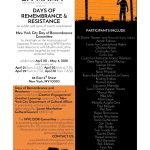
| For Immediate Release: November 15, 2023 | Contact: Rahat N. Babar, Deputy Executive Director for Policy |
WASHINGTON – Today, President Joe Biden announced his intent to nominate Adeel Mangi to the United States Court of Appeals for the Third Circuit. If confirmed, Mangi would be the first American Muslim judge on any federal appellate court in the Nation.
“NAPABA congratulates Adeel Mangi on his nomination,” said Anna Mercado Clark, President of NAPABA. “A 2014 NAPABA Best Under 40 awardee, Mr. Mangi has been an active leader in the Asian American community, and his pro bono work supporting the American Muslim community is groundbreaking. He is exceptionally well qualified to serve on the court, and we urge the U.S. Senate to confirm him quickly.”
Adeel A. Mangi is a partner at Patterson Belknap Webb & Tyler LLP. He began his legal career there as an associate in 2000, became counsel in 2009, and was elevated to partnership in 2010. Mr. Mangi received his LL.M. from Harvard Law School in 2000. He qualified as a Barrister and received his Postgraduate Diploma in Professional Legal Skills from the City University London Inns of Court School of Law in 1999 and his First Class Degree in Law from the University of Oxford, Pembroke College, in 1998.
“President Biden has nominated 34 Asian American, Native Hawaiian, and Pacific Islanders to an Article III court, and 26 judges from the AANHPI community have been confirmed. Today, AANHPIs represent 6.5% of the federal judiciary,” said Priya Purandare, Executive Director of NAPABA. “As a point of comparison, President Trump confirmed 13, President Obama confirmed 22, and all presidents prior confirmed 19 AANHPI judges.”
NAPABA thanks President Biden for nominating Adeel Mangi and the New Jersey Senators for supporting his nomination.
###
The National Asian Pacific American Bar Association (NAPABA), represents the interests of over 60,000 Asian Pacific American (APA) legal professionals and nearly 90 national, state, and local APA bar associations. NAPABA is a leader in addressing civil rights issues confronting Asian American, Native Hawaiian, and Pacific Islander communities. Through its national network, NAPABA provides a strong voice for increased diversity of the federal and state judiciaries, advocates for equal opportunity in the workplace, works to eliminate hate crimes and anti-immigrant sentiment, and promotes the professional development of people of all backgrounds in the legal profession.



